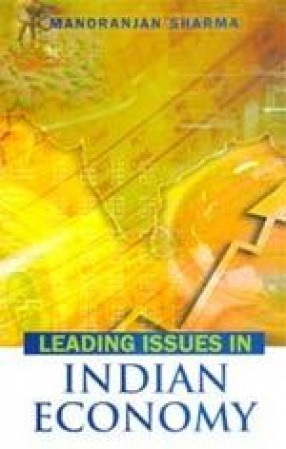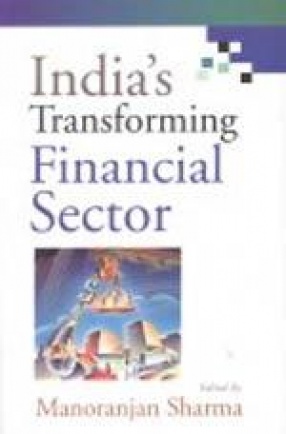Economic growth is positively related to the stage of financial system suffered from ‘financial repression’. Post-1991, the liberalization process attempted to make credit institutions organizationally strong, financially viable the operationally efficient by well-sequenced reforms. These reforms led to a heightened consciousness of ownership and capital structure, enhanced competition, increased autonomy, technological upgradation and performance change. Achievement of competitive advantage requires continued accent on efficiency, productivity, profitability and technological automation. The major challenge for public sector banks (PSBs) related to networking and providing core-banking solutions. Restructuring branches, downsizing manpower, reducing operation risk and transactions cost by progressively greater use of the convergence of information and communication technology (ICT), containing accretions to NPAs and optimizing efficiency have also emerged as key policy variables impacting the working of the winning formula. The New Capital Accord, which is based on a Three Pillars approach of minimum capital requirements, supervisory review process and market discipline, requires tectonic changes. Some of the key drivers of Basel II relate to technological advances leading to emergence of new financial products and new ways of delivering them, progressively larger deregulation, demographic changes and the nexus of increased competition, enhanced search for shareholder value and spread of financial safety nets. These forces and their interactions have been reflected in securitisation, globalisation and consolidation in the financial services industry. But Basel II Accord in an evolving process to handle financial innovation and increasing cross-border flows triggered by rapid technological advancements. Systemic reform of the banking system necessitates streamlined risk management, adequate capital provision, sound supervisory and regulatory practices, transparency and macroeconomic stability. The book would be useful to a wide cross section of the reading public, including scholars and academics, government executives, international institutions, business communities and planners, bankers and policymakers.
Studies in Money, Finance and Banking
$35.10
$39.00
In stock
Free & Quick Delivery Worldwide
All orders amounting to US$ 50 or more qualify for Free Delivery Worldwide. For orders less than US$ 50, we offer Standard Delivery at $14 per book.
ABOUT THE AUTHOR Manoranjan Sharma
Manoranjan sharma is the Chief Economist of Canara bank, the premier Bank of the country in terms of almost all parameters. Shri Sharma has a brilliant multi-disciplinary background, viz. a First Class First Master's degree in Economics and a first Class Postgraduate Diploma in Business Management (equivalent to MBA). With extensive experience in managing policy and strategic processes, he has incisively analysed different facets of the macro-economy and has proven track record in economic policy research. this is clearly reflected in about 150 works, spanning over a period of twenty years, published in leading national and international journals, books, economic newspapers, etc. of the over 15 lakh persons working in India's banking and financial sector, Shri Sharma is the only professional, whose papers, on the basis of a rigorous "double-bind review", have been repeatedly accepted for important national and international conferences. these include Global Finance Conference-Las Vegas, USA; Conference on Emerging Issues in Business and Technology-Western Illinois University, USA; Applied Business Research Conference-Walt Disney World, Farida, USA; 4th International Symposium on Economy and Business 2005, Bulgaria; International Applied business Research Conference in Puerto Vallarta, Mexico; Global Business and Economic Research Conference-Istanbul, Turkey; Conference on Money and Finance-Indira Gandhi Institute of Development Research, Mumbai; International Symposium on Development Policies and Options for the Next Millennium-IGIDR, Mumbai; Foundation Day National Seminars-National Institute of Rural Development, Hyderabad, etc. The high powered Expert Committee on Rural Credit set up by NABARD relied on many of his ideas for formulation of its views and the Bankers Institute of Rural Development, Lucknow identified him as an expert to review Research Project of the Swiss Agency for International Cooperation.
reviews
0 in total
Review by Anonymous
Be the first to review “Studies in Money, Finance and Banking” Cancel reply
You must be logged in to post a review.
Bibliographic information
Title
Studies in Money, Finance and Banking
Author
Edition
1st ed.
Publisher
ISBN
8126905247
Length
xxvii+236p., Tables; Figures; References; 23cm.
Subjects







There are no reviews yet.